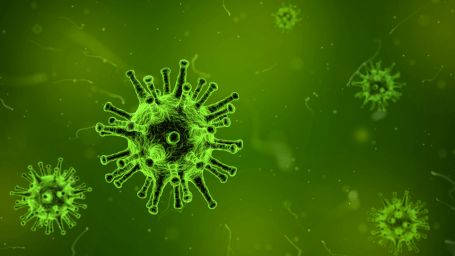
Introduction
The JN.1 virus, a subvariant of the SARS-CoV-2 virus, has recently gained attention as a variant of interest due to its rapid spread and potential impact on public health. Here are the key details about this new variant.
What is JN.1?
JN.1 was first detected in the United States in September 2023 and is a descendent lineage of the subvariant BA.2.86. It is closely related to the BA.2.86 variant, with only a single change in the spike protein separating the two. As of December 16, JN.1 has been detected in 41 countries and is rapidly increasing in prevalence, with the CDC projecting it to comprise between 15-29% of currently circulating variants in the United States.
Spread and Prevalence
The prevalence of JN.1 has been increasing significantly. In October, it comprised about 3.3% of COVID cases sequenced, and this rate has since grown to more than 27%.
The CDC’s Nowcast estimates that about 21% of circulating viruses may be JN.1, with the variant being most prevalent in the Northeastern and Central United States.
Impact and Concerns
The rise of JN.1 has raised concerns about its potential impact. While there is currently no indication of increased severity from JN.1, early laboratory data suggests that it may be either more transmissible or better at evading immunity. The WHO has stated that based on its genetic features, JN.1 may possess some antigenic advantage in evading previous immunity.
Vaccine Efficacy
Health officials have emphasized that this season’s updated COVID-19 vaccines are still expected to increase protection against JN.1. Early studies have shown that while there may be lower cross-neutralization with JN.1, protection by the current vaccines is likely to be effective against the variant.
WHO Classification
The World Health Organization (WHO) has classified JN.1 as a “variant of interest” due to its rapidly increasing spread. The WHO’s decision to classify JN.1 as a variant of interest reflects the need for continued monitoring and assessment of its impact on public health.
In conclusion, the emergence and rapid spread of the JN.1 virus have raised concerns about its potential impact on the COVID-19 pandemic. Continued monitoring, research, and public health measures are essential to understand and address the implications of this new variant.